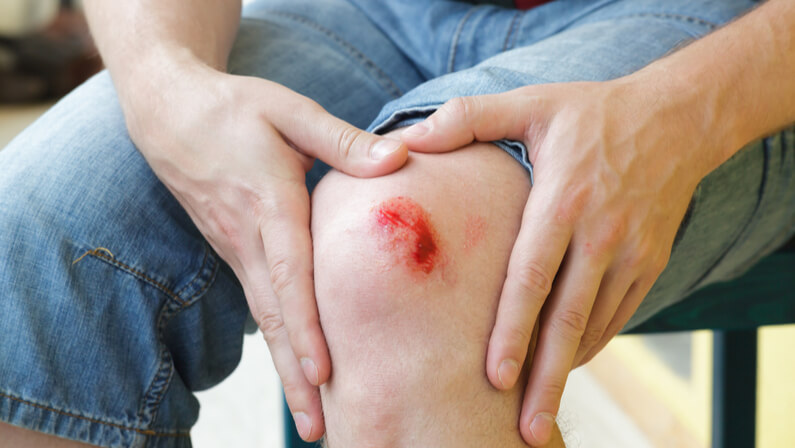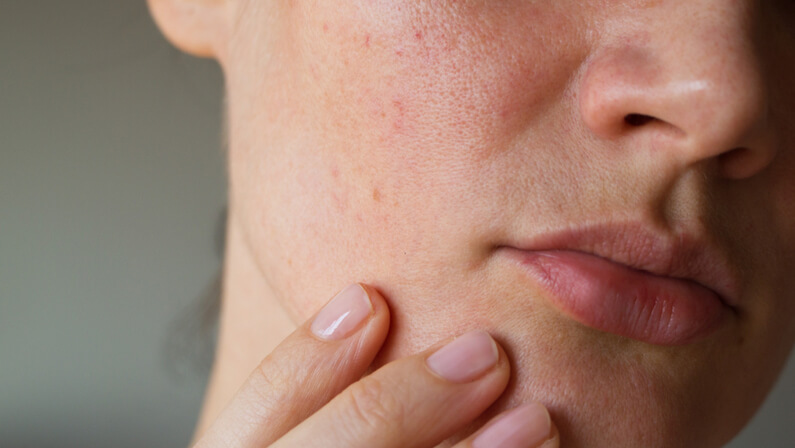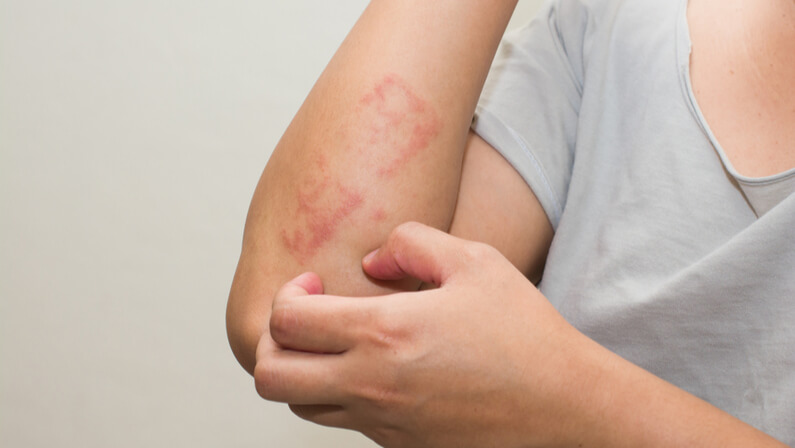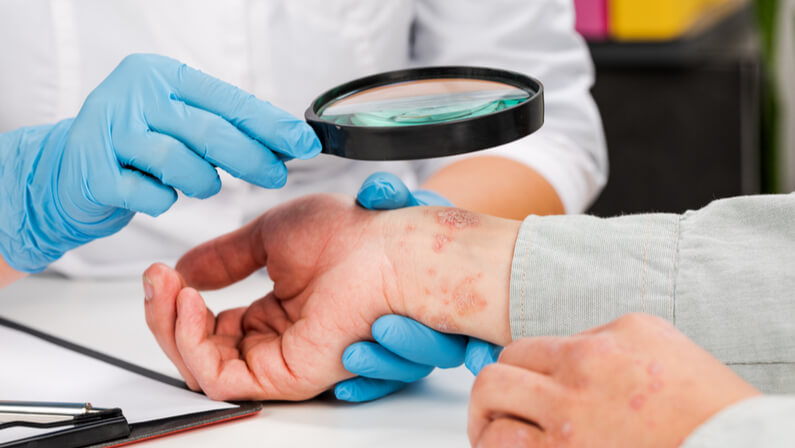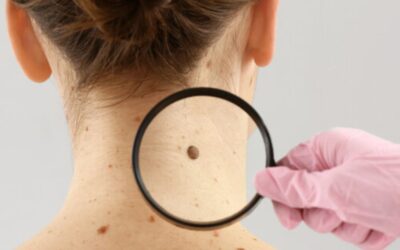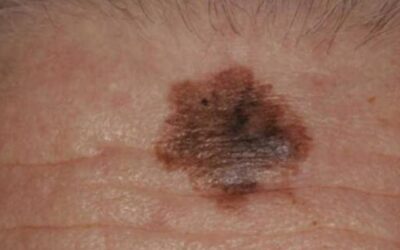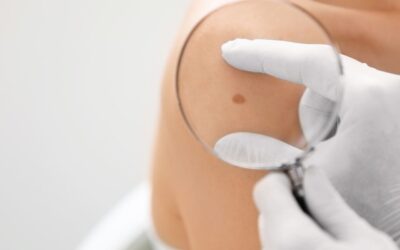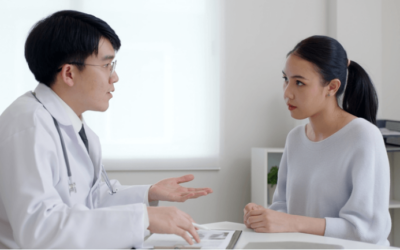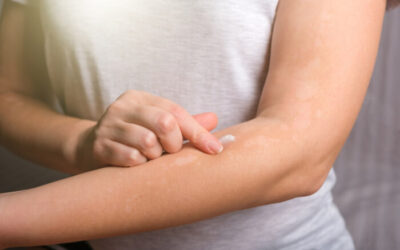Have you ever experienced the frustration of a psoriasis flare-up?
They can cause you to feel self-conscious and frustrated, especially if they’re in a high-visibility area like your hands or face.
It’s important to have a game plan before you experience the stress of a psoriasis flare.
This article will discuss what a psoriasis flare-up is and how to deal with it when it happens.
What is Psoriasis Flare Up
Psoriasis is a skin condition that causes red, scaly patches to appear on the skin.
It’s important to remember that psoriasis is not contagious and that there are different types of psoriasis such as guttate psoriasis, so you don’t have to worry about passing it on or catching it from anyone else who has psoriasis.
Psoriasis flare-ups can range from mild to severe and they’re never fun to deal with.
If you are concerned about your child getting psoriasis as he/she gets older, there’s no need to panic.
There’s no evidence that suggests that children with parents who have psoriasis are more likely than other kids their age.
In fact, most people with psoriasis don’t even realize they have the condition until they reach adulthood!
Causes Of Psoriasis Flare-Ups
There are several possible triggers for psoriasis flare-up, including:
Stress
Many people with psoriasis experience stress as a cause or trigger for their flare-ups.Stress can come from many sources, including work, school, and relationships with family members and friends.
Sun exposure
A person’s skin can be damaged when exposed to the sun for too long or without proper protection.
Hormonal changes
During pregnancy or menstruation, levels of certain hormones increase significantly in both women and men which may trigger flare-ups.
Skin injury and infection
A wound or infection (such as bug bites) can cause your immune system to react by producing more skin cells and triggering inflammation in your body — leading to a flare-up of your psoriasis symptoms.
For example, if you get a cut on your finger and it becomes infected with bacteria (such as staphylococcus), it could lead to an increase in your psoriasis symptoms due to the immune system reacting against the bacteria.
Dryness
The skin is the body’s largest organ, and the outer layer (the epidermis) produces oil to keep it moisturized. If this oil production is impaired or reduced, your skin feels dry and can become irritated.
Psoriasis is worse in the condition is painful and itchy, but dermatologist Tarek M. Fakhouri, MD, can help you control the symptoms.
At Skin Cancer Specialists in Sugar Land, Texas, Dr. Fakhouri diagnoses and treats psoriasis in patients of all ages.
If you want to know what to do for psoriasis flare-up, call or arrange an appointment online today!
How Long Do Psoriasis Flare-Ups Last
A flare-up can last anywhere from two to two weeks.
The severity of the flare-up will depend on the severity of your psoriasis, as well as other factors such as:
- Lifestyle choices. Stress, smoking, drinking, and lack of exercise can all contribute to psoriasis flare-ups.
- Medication side effects. Some medications used to treat psoriasis may trigger flare-ups or make them worse.
- Environment. Environmental factors like extreme weather and sunlight.
How To Calm Down Psoriasis Flare Up
If you want to know how to stop psoriasis flare-ups, the following tips can help relieve your symptoms:
- Apply a cool compress to the affected area. This will help calm your skin and relieve itching.
- Keep skin moisturized. Use a moisturizer on your skin to keep it hydrated and healthy.
- Wear sunblock during the day to avoid getting burned by the sun’s harmful rays. This will also prevent new symptoms from developing on your skin later on.
- Healthy Meals. Eat healthy foods that contain good fats and proteins so that your body has all of the nutrients it needs to heal itself from within. Avoid processed foods as much as possible since they lack essential nutrients needed for healing purposes. It is recommended to eat more fruits and vegetables.
- Minimize Stress. If possible, try not to stress over things too much; this will only worsen your condition! Instead, take time out every day if need be so that you’re able to breathe again before starting another stressful situation.
- Medicine and Skin Therapies. Skin therapies such as light therapy, or even topical treatments can relieve your symptoms, but before applying products, it is best to have them approved by your dermatologist.
Conclusion
Psoriasis is a skin condition that can be very painful and cause a lot of discomforts.
But the good news is that there are ways of handling its flare-ups that can help you feel better about yourself.
Hopefully, these tips will be useful for those suffering from the symptoms of psoriasis!





